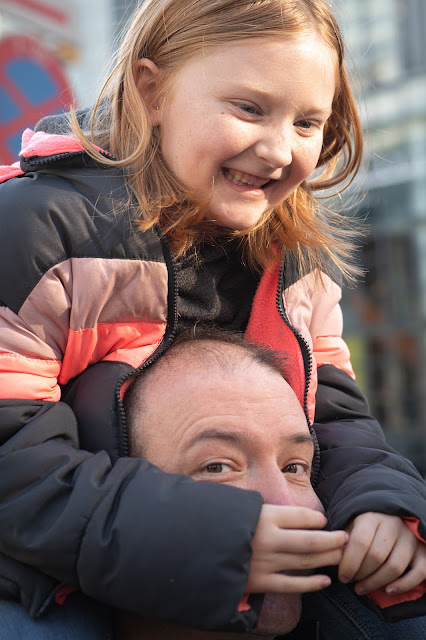Point number 3: Be Prepared!
When I moved to Oklahoma I was called to the Primary where I stayed for the next six years. I taught CTR 5 twice (in Oklahoma and Ohio), was the music director, and the Primary President. Now, I teach the 12, 13, and 14 year olds at church. Besides my callings teaching children and youth, I've also taught Institute for the Provo Special Ed Seminary, taught in Relief Society in two different wards, and taught the Marriage and Family Relations class with Mike. Outside of my church callings, one of my major courses was a class that required us to go to schools and teach youth various topics relating to Marriages and Families. I taught preschool at Headstart and then later once I had my own kids, participated in a preschool co-op on two different occasions. I've had a lot of opportunities to teach and because of that, I've taught long enough to know that if you show up unprepared, your lesson will not go as you had hoped. This is especially true for teaching children and youth. While you may be able to show up to a relief society class not quite as prepared as you had hoped and get away with it (ladies like to talk!) that will not work for the younger classes.
So my third point is: Be Prepared!
Teaching takes time, thought, and preparation. Having taught a variety of ages, I know that you cannot teach a four year old the same way you'd teach a 17 year old. They are at different developmental stages. This seems like such an obvious point but you'd be surprised at how many people don't take this into consideration. When preparing your lessons, consider where your child is in his/her development and prepare accordingly. Little kids need a lot of songs, movement, games, visuals, energy from you as the teacher, etc. Youth can answer deeper questions and apply principles to their own lives. (and I've taught the youth long enough now to know that they enjoy a good game just as much as the little five year olds do so you don't always have to be so serious with them!)
Of course I recognize that not a lot of people have time to sit and color and cut out file folders games or make cute little visual aids, etc. I also confess to sitting at the dinner table ten minutes before we are supposed to have Family Home Evening and turning to Mike and saying, "Oh shoot. I forgot about FHE. What should we do tonight?" But I also acknowledge that those are the lessons that don't go as well. So I would suggest that if you really want the spirit present and your children involved and interested, that you take the time to prepare.
The amazing thing about preparation is that preparation begets the spirit. It's as though you are sending an invitation to the spirit to come participate in your family discussions. As you prepare, you'll find your mind enlightened not only during preparation but during your lesson. I've had experiences teaching where I've showed up prepared and the class was unruly and irreverent but because of my preparation I was able to hear the spirit prompt me to know how to redirect them and get them back on track. I've also had the opposite happen where I showed up to class unprepared and the class was unruly and irreverent and I found myself frazzled and unable to gain control. As you come armed with a well-thought out lesson, you will find that your children will be better able to feel the spirit and want to participate. (though, I do want to add that even if you prepare, sometimes your children will still not want to participate or show up with a bad attitude, etc. But, I truly believe that they will be MORE open to the spirit and MORE willing to participate if you've put in your part of the work first).
I do have a "but..." for this point but I have a sufficient amount to say about it that it gets to be it's own point, which will come tomorrow.


Comments